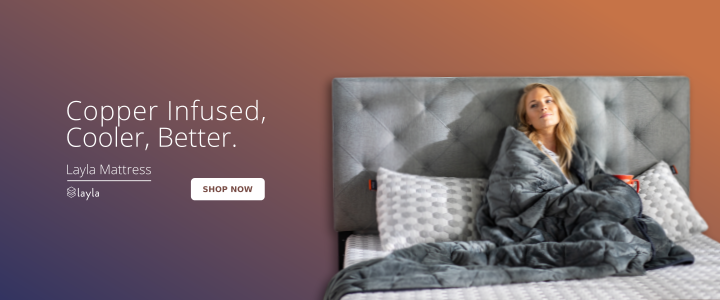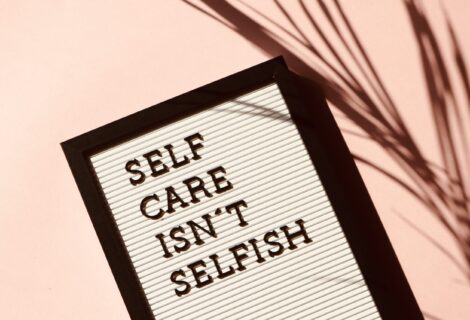[disclosure]
Sleep is essential to a person’s overall well-being. When we get enough sleep, we can better cope with stress and perform better on cognitive tasks. Unfortunately, many of us are not getting the rest we need due to poor sleep hygiene and the presence of insomnia and sleep apnea. In this article, we will discuss the importance of good sleep hygiene, how to identify and treat insomnia and sleep apnea, and provide tips on how to get better sleep.

What is Sleep Hygiene?
Sleep hygiene refers to the practices and habits that help promote good sleep. It is important to practice good sleep hygiene in order to get the most out of your rest. Good sleep hygiene habits include:
- Going to bed and waking up at the same time each day
- Avoiding caffeine, nicotine, and alcohol before bed
- Exercising regularly but not too close to bedtime
- Avoiding naps during the day
- Creating a comfortable sleep environment (e.g. keeping the room dark and at a comfortable temperature)
- Avoiding screens (e.g. phones, computers, televisions) before bed
- Relaxing before bed, such as reading or taking a warm bath
- These habits can help you get better sleep and can make it easier to fall asleep when you are ready to go to bed
Sleep Apnea: The Evidence of Things Not Seen
What is Insomnia?
Insomnia is a sleep disorder characterized by difficulty falling asleep, staying asleep, or both. People with insomnia may wake up during the night and have difficulty getting back to sleep. Insomnia can be caused by a variety of factors, such as stress, medications, medical conditions, and lifestyle habits.

How is Insomnia Treated?
Insomnia is usually treated with changes in lifestyle and sleep habits. If you think you may be suffering from insomnia, it is important to talk to your doctor. Your doctor can help you identify any underlying causes and make changes to your lifestyle and sleep habits that may help you get better rest.
In addition to lifestyle and sleep habit changes, your doctor may recommend medications or other treatments. Common medications used to treat insomnia include sedatives and hypnotics, which can help you fall asleep faster. Cognitive behavioral therapy is also often used to treat insomnia, as it can help you identify and change any thought or behavior patterns that may be contributing to your insomnia.
The Importance of Sleep for Mental Health
What is Sleep Apnea?
Sleep apnea is a sleep disorder in which a person’s breathing stops and starts during sleep. It is caused by a blockage in the airway, which can be caused by a variety of factors, such as obesity, enlarged tonsils, or a deviated septum. People with sleep apnea may snore loudly and wake up feeling tired, even after getting a full night’s sleep.
How is Sleep Apnea Treated?
Sleep apnea is usually treated with lifestyle changes and medical treatments. Lifestyle changes, such as losing weight, avoiding alcohol, and quitting smoking can help reduce the symptoms of sleep apnea. Your doctor may also recommend a continuous positive airway pressure (CPAP) machine, which helps keep your airways open by providing a steady stream of air to your lungs.
Tips for Getting Better Sleep
Getting good sleep is essential for overall well-being. The following tips can help you get better sleep:
- Stick to a consistent sleep schedule. Go to bed and wake up at the same time each day, even on weekends
- Avoid caffeine, nicotine, and alcohol before bed
- Exercise regularly, but not too close to bedtime
- Avoid screens (e.g. phones, computers, televisions) before bed
- Create a comfortable sleep environment (e.g. keep your room dark and at a comfortable temperature)
- Relax before bed, such as reading or taking a warm bath

Conclusion
Good sleep hygiene is essential for getting the rest you need. Practicing good sleep habits, such as going to bed and waking up at the same time each day and avoiding screens before bed, can help you get better sleep. If you are suffering from insomnia or sleep apnea, it is important to talk to your doctor to find out what treatments may be available to help you get better rest. By following these tips and techniques, you can get the rest you need to stay healthy and productive.
You may also like:
FAQ
Q: What is sleep hygiene, and why is it important?
A: Sleep hygiene refers to practices and habits that promote healthy, restorative sleep. Good sleep hygiene is crucial for mental, emotional, and physical well-being.
Q: How many hours of sleep should I be getting each night?
A: Most adults need 7-9 hours of sleep per night, while children and teenagers may require more. Individual needs can vary, so listen to your body’s signals.
Q: What are some effective sleep hygiene practices I can implement?
A: Establish a consistent sleep schedule, create a relaxing bedtime routine, ensure a comfortable sleep environment, limit exposure to screens before bedtime, and avoid caffeine and alcohol close to bedtime.
Q: How does exercise impact sleep quality?
A: Regular exercise can improve sleep quality and duration, but it’s best to avoid vigorous exercise close to bedtime, as it may make it harder to fall asleep.
Q: Can napping during the day affect my sleep hygiene?
A: Short naps (20-30 minutes) can be beneficial, but napping too close to bedtime or for extended periods may disrupt your sleep schedule and affect nighttime sleep quality.
keywords: sleep hygiene, how to stop snoring, sleep hygiene tips, how do i improve my sleep score, how to get more sleep, Sleep Patterns, Health, sleep, Sleep Schedule, Sleep Duration, Rest,Sleep Quality, wellness, Sleep Routine, Optimal, Hygiene, Habits, Healthy, sleep hygiene, insomnia, sleep apnea, good sleep habits, bedtime routine, caffeine avoidance, nicotine avoidance, alcohol avoidance, exercise, comfortable sleeping environment,comfortable temperature, avoiding screens












